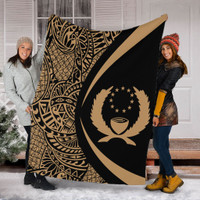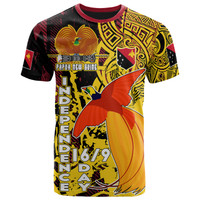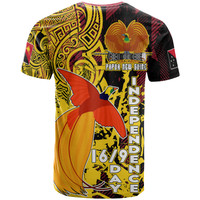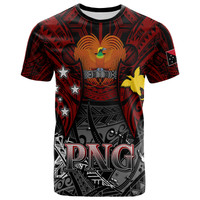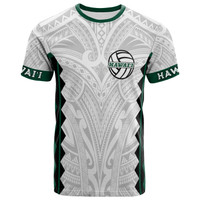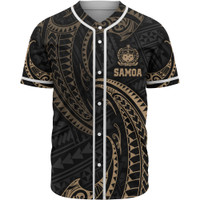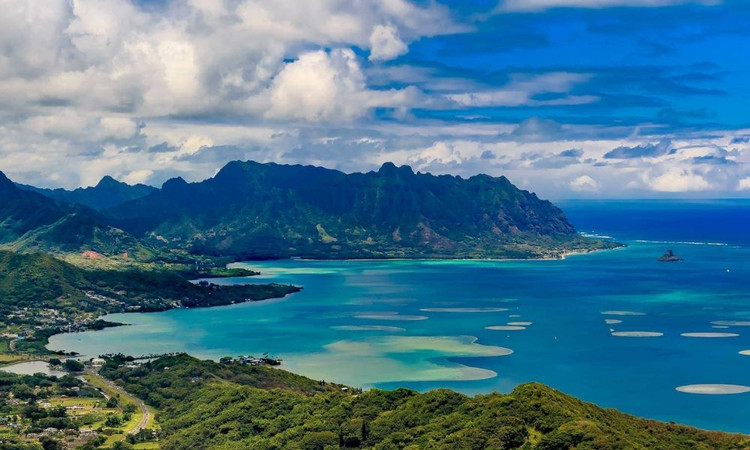10 Things that every new person who moves to Hawaii should know
Posted by Maris on 12th Dec 2023
It takes more than just packing your bags, finding a plane, and heading to the beach to live in Hawaii. That's exactly what you can and will probably do—the mai-tais-on-the-beach part. However, like every other place in the world, Hawaii has its own unwritten book of codes, traditions, and idioms that can take years to learn. List Representatives Drew Read and Sandra "Nina" Thompson of Sotheby's International Realty worked together to create this list of ten things prospective or current residents should know.
Aloha forever!
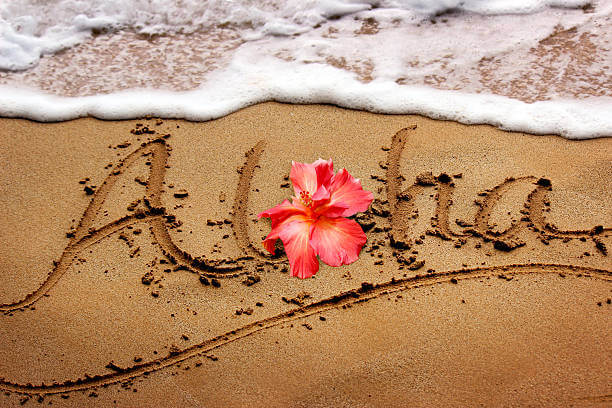
"The definition of 'living aloha' is simply being courteous, loving, and kind not only to yourself and other people, but also to the natural environment and creatures on land and in the ocean," Read writes. "Living aloha means being kind to the ina (land) that gives us with all of our natural beauty and food, as well as being kind to one other on packed roadways and in the surf."
Take a Drive

"Drive around the island at various times of day."Thompson suggests taking your time exploring the neighborhood and its local shops, as well as taking in the scenery when driving through it. "Please do not beep your horn!" "And by all means, make the commute from your neighborhood to your office—you'll need to get used to it."
Brush Up on your Pidgin
If you're visiting Hawaii for the first time, be prepared to be bombarded with phrases and terms that may or may not make sense to you. Many Hawaiians speak Hawaiian pidgin English, while terms and phrases from lelo Hawaii (Hawaiian language) are also common in the Islands. Grinds (food or a meal), howzit (a mixture of the words "how," "is," and "it"), shots (agreeing with something, or as a replacement for "yes"), and pau (a Hawaiian word used when you've finished something or a chore) are other popular words.
Hawaiian Time

"Hawaiian time is to let go and relax, knowing that things will happen when they happen, not right away," adds Read. "When folks are late for an appointment or meeting, it is because they are on Hawaiian time."

The Rule of Barefootness
Despite popular belief to the contrary, Hawaii forbids wearing shoes inside the home. Thanks to a fusion of cultural traditions brought to us by Chinese, Filipino, and Japanese immigrants, this unwritten rule of not wearing shoes dates back to the plantation era. So, join the stack of shoes and slippahs at the door.
Locals, Hawaiians, and Kamaina
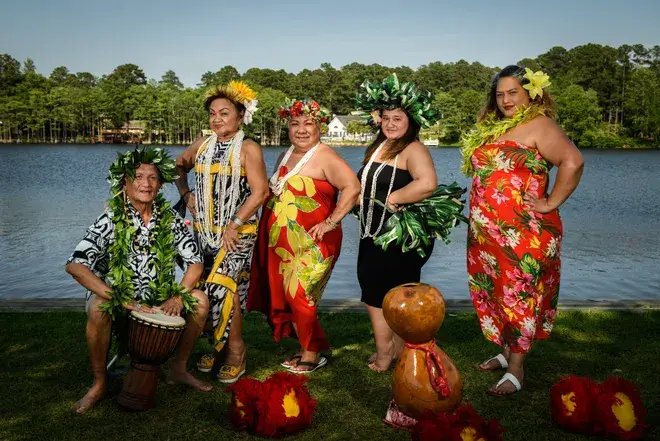
Understanding the many labels is critical for Hawaiians, so listen carefully. The name "Hawaiian" should only be applied to people with genuine Hawaiian blood pouring through their veins. A "local," on the other hand, a " local " phrase can be applied to any Hawaiian, regardless of race. Finally, "kamaina," which means "child or person of the land" in Hawaiian, can refer to anyone who has lived in the Islands for a long time.
Hawaiian Geography 101

"Understanding the geography of the Islands, for example, its different locations, names and phrases used to define a location—town, country, ewa (west, in the direction of the Ewa region), Diamond Head, Koko Head, mauka (inland), and makai (toward the ocean)," writes Read. "For example, 'We are waiting for you on the ewa side of Kaimana Beach,' or 'The hotel is on the Diamond Head side of Waikk and on the makai side of Ki Avenue."
Respect Your Neighbor
"Live by the Golden Rule and treat others the way you want to be treated," Thompson advises. "Because we live on a small island where everyone knows everyone, please be respectful." Hawaii is our home, and it may become yours as well."
Dress in an Island-Style
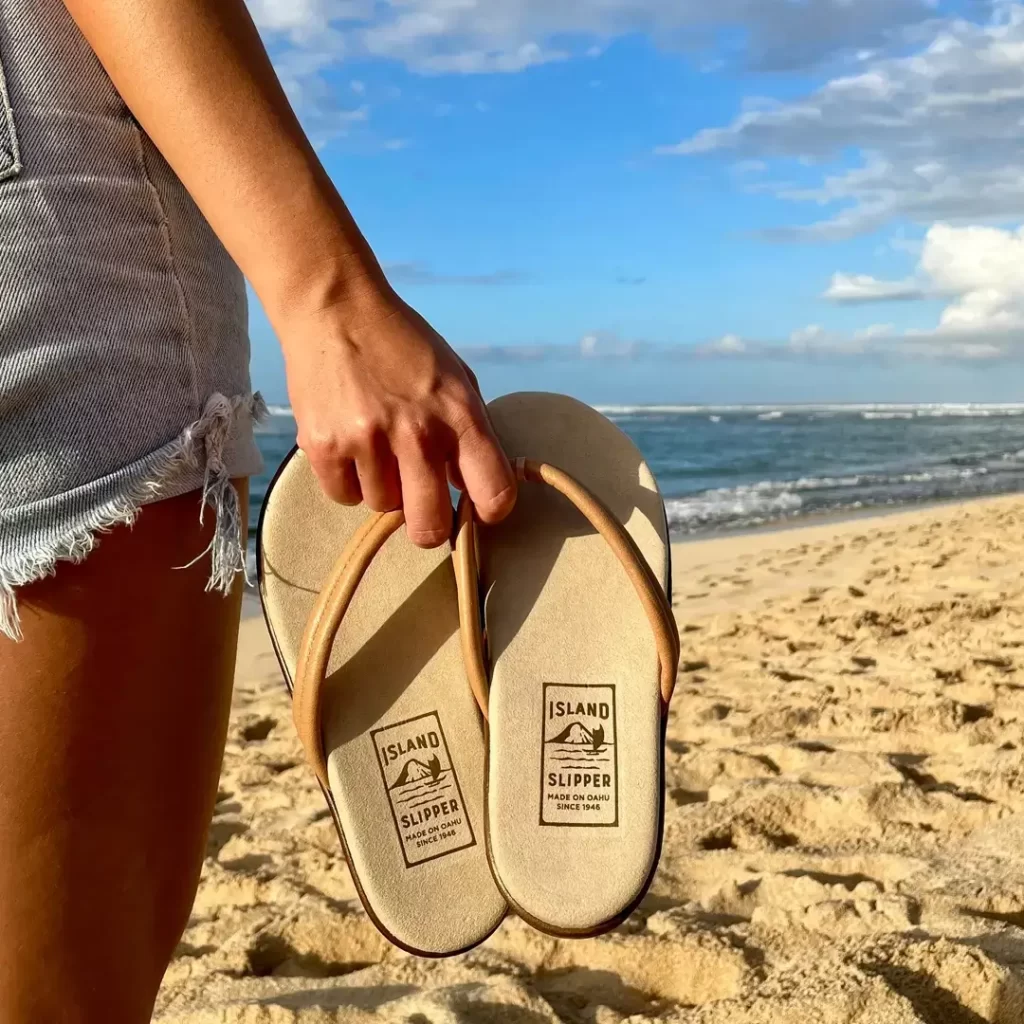
As pleasant as our tropical weather is, there are days in Hawaii when the humidity is so high that even walking a block leaves you drenched and sticky. That means you can dress down in your nicest slippahs or slippers (but never flip-flops), aloha shirts, and rompers. Wearing anything other than business casual is unusual in the Islands.
Everyone’s an Auntie or Uncle
You might think that everyone in the Islands has big extended families with plenty of aunts and uncles when you first get here. However, Hawaiians have referred to people who are at least a generation older than them as "auntie" and "uncle". And who knows, maybe you'll end up being an aunt or uncle yourself if you're polite enough.

